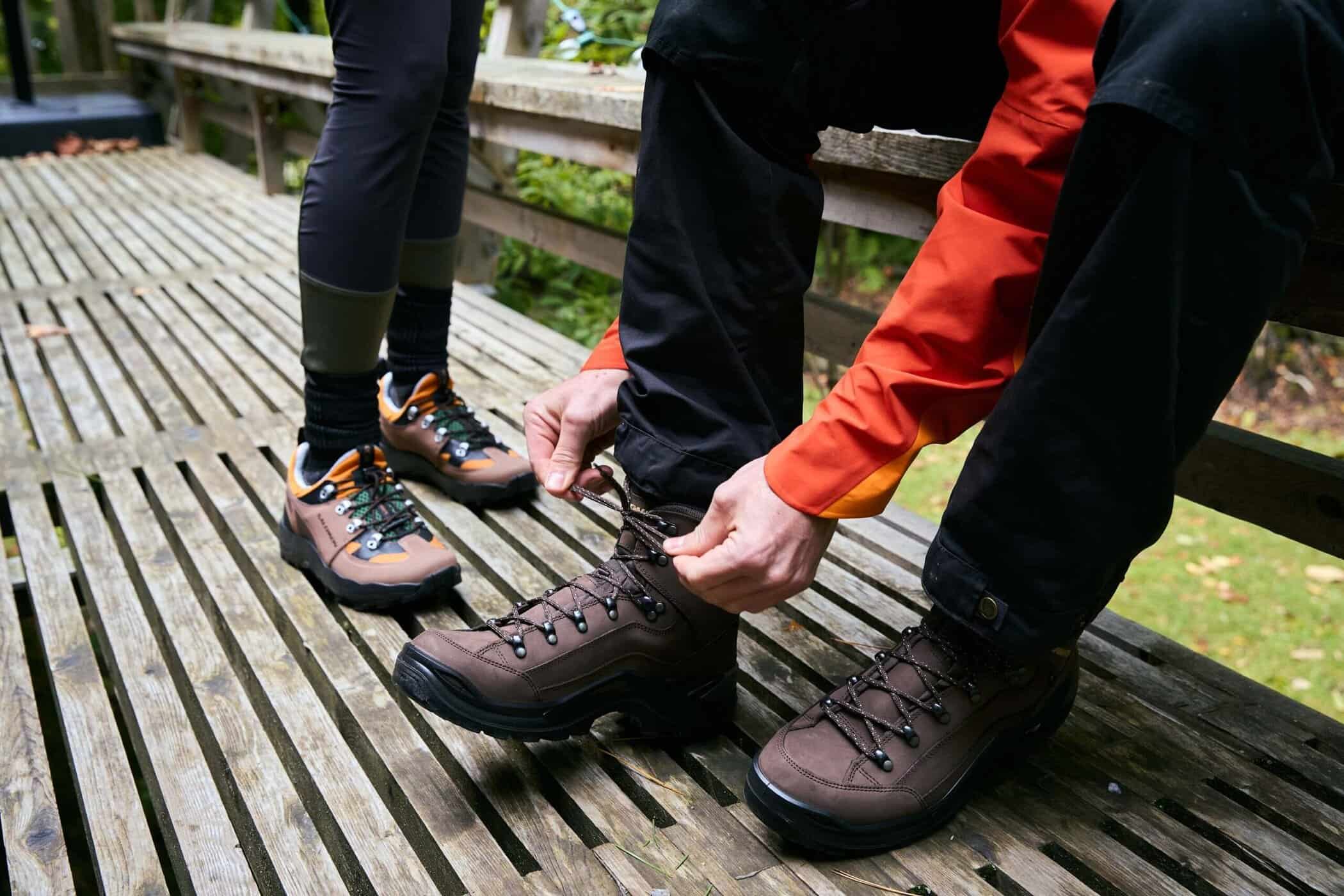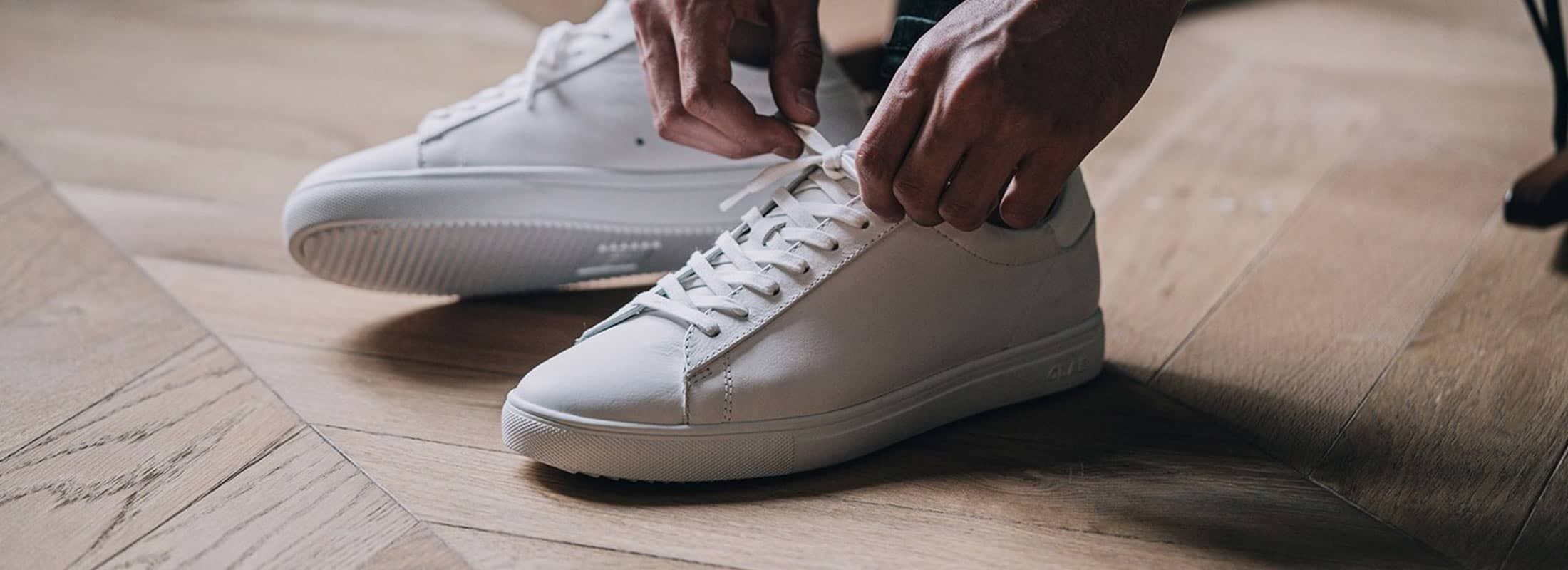I am a trail runner and I felt it necessary to precede this post with those words. My beginnings as a runner was on road and after several years training and running marathons I transitioned to trail. While I am strictly a trail runner now, I do appreciate and have experience with the flow and convenience that road running allows. So in an effort to differentiate between the main differences and perhaps to help you decide which to try, I have come up with a list of the 5 main differences that I have found between running road vs.trail.
Surfaces
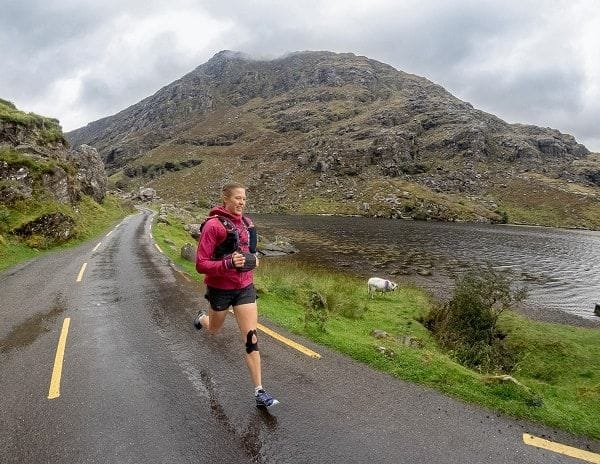
This could be the biggest defining factor between road and trail.
Road or city running is pretty consistent with the varying surfaces that you will come across, tarmac, pavement, concrete – mostly non-technical, flat, hard surfaces. This enables consistent running and often the ability to “turn your mind off” and let your body do the work.
Trail is more often than not, technical with varying surfaces from stone, gravel, moss, dirt, and rooty forest floor. It requires more mental focus and fancy footwork to dodge, jump and duck your way down the trail. The running is not always consistent but allows you to play with the surroundings.
Pacing
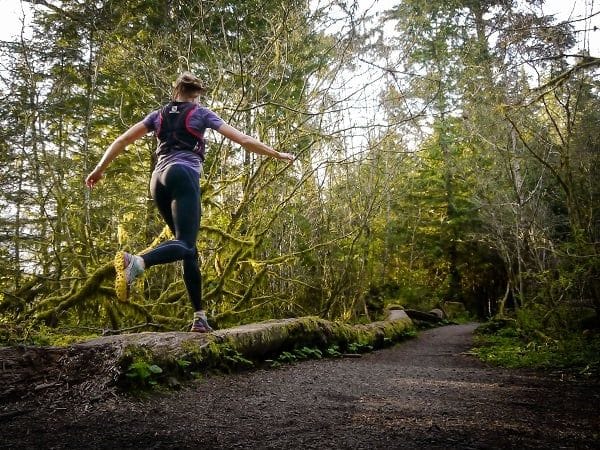
Due to the consistent surfaces on road, foot turnover increases and so does speed. Miles can fly by as you fall into that steady rhythmic flow of road. If you want to increase your speed, road or road like surfaces, will help you to push your maximum output.
Trail, on the other hand, is going to be a little slower paced. Due to the more technical and often hillier terrain your pace slows to meet the demands of the trail, even if that means power hiking some of the big hills. There is a different kind of flow on trail and although not as rhythmic for the entirety of the run, nothing can beat a fast technical descent on trail.
Running Shoes
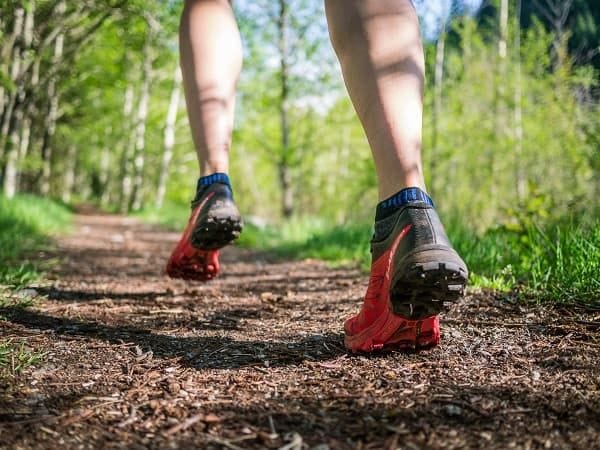
There is a huge difference between road and trail running shoes and you should always wear the correct shoe for each type to ensure maximum support and responsiveness.
Road shoes will often be very lightweight with minimal tread, to help increase foot turnover and respond quickly on low traction surfaces. Depending on your needs, they can come with extra thick soles to accommodate for the harder surface or a more minimalist approach for the fastest response time.
Trail shoes will be built more rugged with a heavier tread, wider soles and built to protect your feet against bumping roots and rocks. Again depending on your needs you can choose a thicker or more minimal sole. The thicker the sole the less you will be able to feel the trail under your feet, but go too minimal and you will feel everything.
Gear
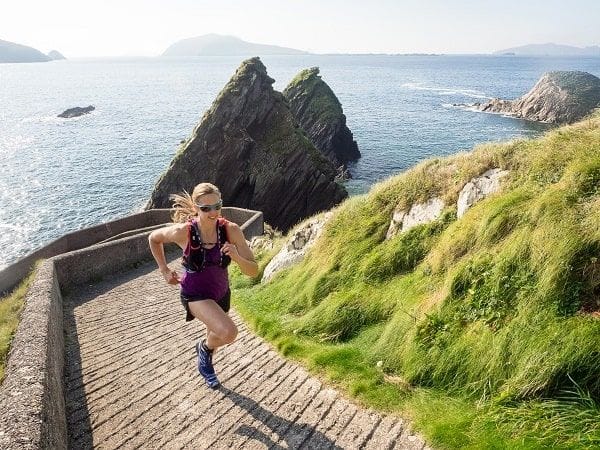
Running is in itself a minimal sport without the need for much gear – shorts, shirt and shoes and you are good to.
Road running, especially, is fast, light and you can cover distance quickly. For example a 20 km run on road at a decent pace can take 2 hours, which means you have minimal requirements for calories or hydration, depending on the temperatures outside. You will also, generally, be in populated areas and not isolated.
Trail running, on the other hand, depending on your route and conditions on the trail, can make a 20km last anywhere from 2 – 4 hours. Heading 4 hours out onto a trail can mean that you are now possibly quite isolated and have greater requirements for calories, hydration and safety. This is where a decent trail running pack plays a part to allow you to bring the essentials with you – extra layers, food, water, first aid etc.
Scenery
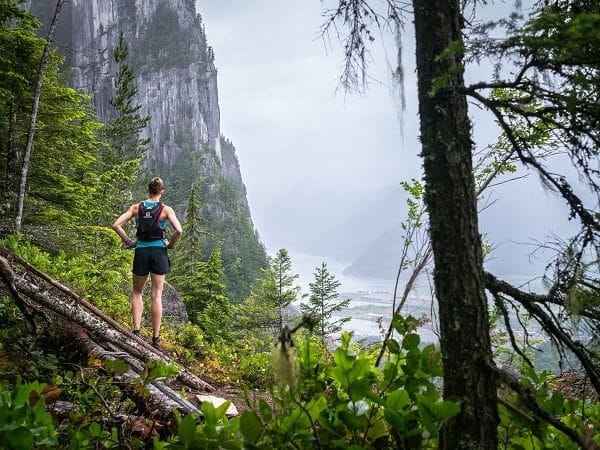
Road and trail, obviously, take you to very different places. Road and city running is less about the views and more about the pure joy of running and miles logged. Trail running is definitely more about the location. It’s about being in the forest or pushing hard uphill for the views at the top of a hill or mountain. One is not necessarily better than the other but offer different rewards.
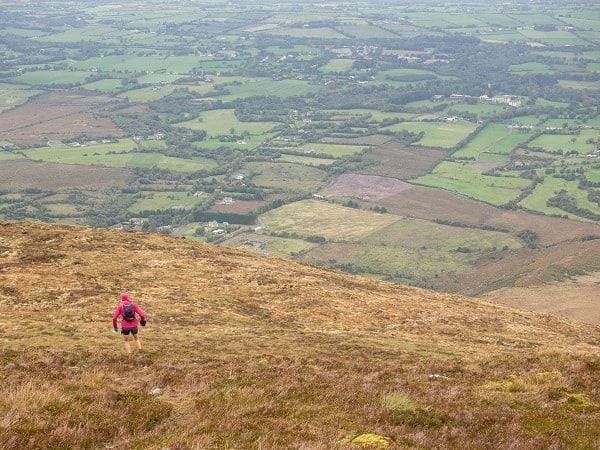
This list is by no means exhaustive, but are some of the more notable differences that I have noticed since taking taking up running 6 years ago. It also is not a list that is meant to make you decide between one or the other, rather to take out some of the guesswork before heading out on the road or the trail. My personal advice is to try a bit of both and find out which works best for you!
Share on







